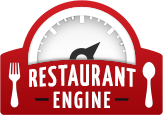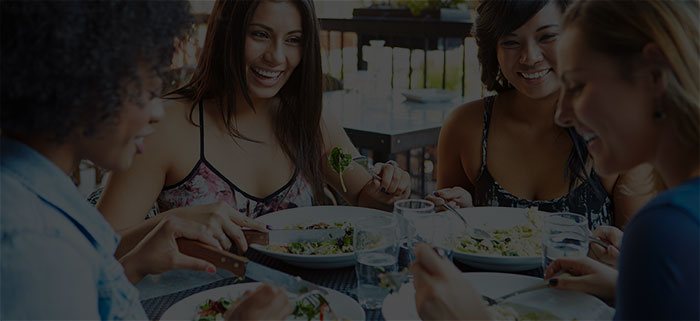Partially Forgivable Microloans Available as 77% of Paycheck Protection Program Depleted
As of the close of business on May 28, 2020, the U.S. Small Business Administration (SBA) has approved 4,460,265 Paycheck Protection Program (PPP) loans from 5512 lenders totaling $510,536,339,105. That means 77% of the program’s total $659 billion has been exhausted.
That is good news for restaurant owners who are still interested in applying. SBA will waive a borrower’s entire PPP loan — essentially granting it as cash that restaurant owners can keep free and clear — so long as they satisfy the U.S. Treasury’s forgiveness criteria through the SBA’s approval process.
For restaurant owners who are interested in another COVID-19 relief option, SBA also still lists Microloan debt forgiveness on its website. Microloans are designed to assist “low income” entrepreneurs, including but not limited to veteran, minority, and female business owners. Microloans are $50,000 or less and must be used for business expenses.
According to the website, “SBA will pay 6 months of principal, interest, and any associated fees that borrowers owe for all current 7(a), 504, and Microloans in regular servicing status as well as new 7(a), 504, and Microloans disbursed prior to September 27, 2020.” A list of Microloan lenders are available by state on its website. Restaurant owners should apply directly with one of these lenders, not directly with the SBA.
Consider an example from one SBA approved lender’s website. Loans are available from this lender for “up to $25,000.” The lender explains, “The first six payments will be paid (both principal and interest) directly by the SBA. The remaining balance will be amortized over a 6-12 month term based on repayment ability. There is a 3% loan origination fee and the interest rate for this loan is 6.5%.”
To illustrate this mathematically, consider a restaurant owner who is approved for a $25,000 Microloan with a term of 12 months. This borrower would be responsible for the 3% origination fee of $750, plus an additional $812 to cover approximately half of the 6.5% interest rate not covered by the SBA. However, the owner would only have to pay back half ($12,500) of the $25,000 loan due to SBA’s six months of COVID-19 debt relief. So for a total cost of $1,562 in fees, plus the hassle of paperwork, this owner could essentially receive up to $10,938 as a grant.
During its first round of PPP, which depleted all funds on April 16, 2020, the SBA guaranteed 1,661,367 loans totaling $342.2 billion. SBA’s second round has been live since April 27, meaning that SBA has approved $168.3 billion within the last 30 calendar days.
If SBA’s approval rate of $5.6 billion per day continues, its remaining 23% of PPP funds will deplete within 26 days from now, or by June 23. However, PPP’s depletion rate will likely slow, as the program was front-loaded with many of the largest applicants, so that date could extend by an extra week or two.
Also today, in a nearly unanimous vote, the House of Representatives passed the Paycheck Protection Program Flexibility Act introduced by Congressman Chip Roy. House Speaker Nancy Pelosi indicated last week that she would be willing to allow voting on the Flexibility Act as early as next this week, and she followed through with that commitment.
Next, if the Senate approves the Flexibility Act, and President Trump then signs it into law, this Flexibility Act will eliminate the PPP’s two 75% thresholds. (In its current form, 75% of PPP loans must be spent on staff payroll, and borrowers must maintain at least 75% of their pre-coronavirus headcount.) The Act will also extend the time for loan repayment and qualifying expense forgiveness.
Currently, 41 states have allowed restaurants to restart dine-in service. PPP has allowed many restaurants to reopen to approximately 50% capacity. The parent company of Chili’s and Maggiano’s, Brinker International, has opened 600 of its 1,100 corporately operated establishments for dine-in service. Nationwide, it has reemployed approximately 12,000 workers, or roughly 40% of its pre-pandemic headcount. Estimates for total restaurant closures in the aftermath of coronavirus range from 25% to 80%. The CDC has tracked 1,698,523 cases of COVID-19 which have caused 100,446 deaths in the U.S.
Tax and financial matters are complicated and vary from business to business. There could be unintended tax and legal consequences if applying to multiple programs. Readers should consult qualified professionals to discuss their unique financial situations. Nothing in this article constitutes legal, financial, or tax advice.
Photo by Mathieu Turle on Unsplash



Leave a Reply